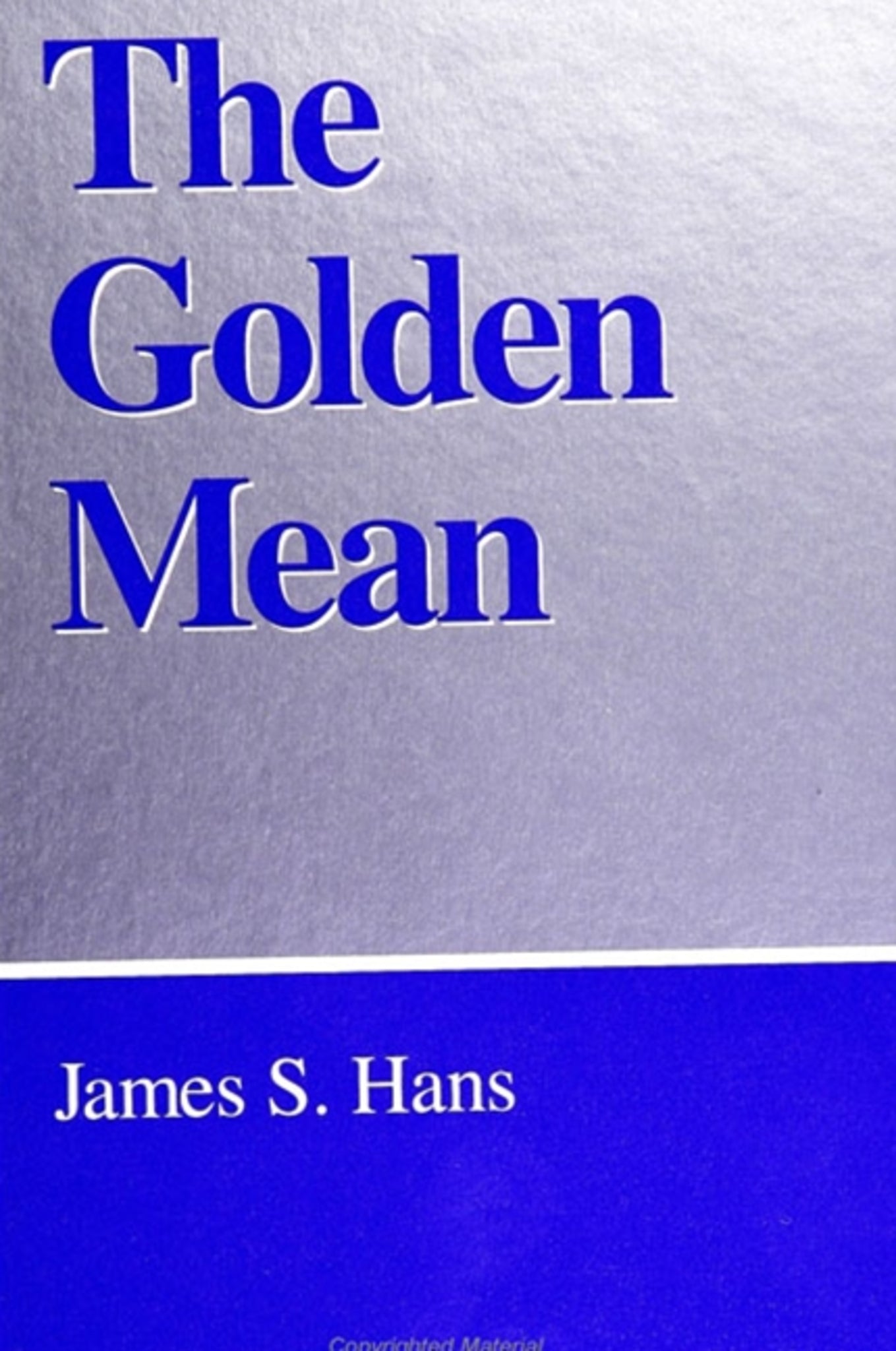We're sorry. An error has occurred
Please cancel or retry.
The Golden Mean

Some error occured while loading the Quick View. Please close the Quick View and try reloading the page.
Couldn't load pickup availability
- Format:
-
10 March 1994

The Golden Mean reappraises the relationship among the three forms of good that exist in modern Western thought: the good of aesthetic beauty and performance, the good of right and wrong, and the forces of social resentment that shape the public debate about what is appropriate to society's needs.
The book explores how the good found in aesthetics is linked to the good found in the ethical codes that govern people's lives. These "goods" interact with the sense of the community expressed in society's envy of those exemplary few who possess the powers of the aesthetic, even as they too must subscribe to the same strictures by which ordinary people live. The book also demonstrates how the concept of a middle path, a straight and narrow way, or a "golden mean" develops to provide a measure by which people can make sense out of these seemingly disparate phenomena.
The Golden Mean argues that our current dilemmas both inside and outside the university should prompt us to see more clearly how the aesthetic and the ethical are intrinsically related. We need to reassess their relationship to the future of our ways of thinking and the development of our communities.


"This book builds on the very substantial achievement of the early Hans volumes published by SUNY Press, particularly The Fate of Desire. I have been reading Hans because he is such a good writer [and]...I have been instructed by the seriousness and vision of his arguments. " — John Matthias, University of Notre Dame
"Hans addresses the problem of ressentiment—that combination of envy, regret, and resentment that is at the root of so many social and artistic problems—with more insight than I have ever seen elsewhere.
"There are superb analyses of Bellow's Henderson the Rain King and Morrison's Beloved, and of the basketball genius of Michael Jordan. Hans returns in new ways to some of his favorite subjects—Kundera, Nietzsche, and Confucius, but also has marvelous things to say about the story of Jacob and Esau, about Agamemnon and Clytemnestra, about college teaching, Girard's theory of desire, about Whitman and Emerson." — Frederick Turner, Founders Professor of Humanities, The University of Texas at Dallas
Acknowledgments
1. The Three Goods
2. The Straight and Narrow
3. Man Wants to Live
4. The Fair Play of the World
5. Pride Goeth Before the Fall
Conclusion: On Virtue
Notes



